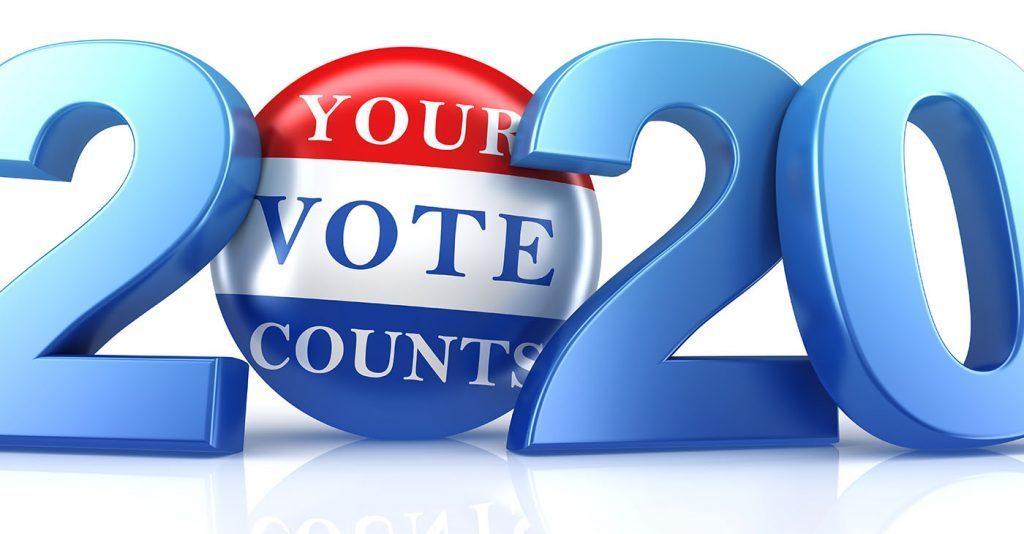If our faith should make a difference in every aspect of our lives, it should shape how we think about and live out citizenship, too. For me that means to vote!
Here are three reasons why:
First, voting is an act of obedience. Both Jesus and St. Paul described our responsibility to defer to the governing authorities, and to “render to Ceasar” what is due to Caesar. Jesus never went to Rome, but He often confronted Jewish political powers and structures. Paul claimed and appealed to Roman citizenship when he was arrested.
In my context, the people are the political authorities. We don’t submit to political authority, we grant political authority to the representatives we elect. So, in this context, voting is the most fundamental way there is to “render to Caesar what is Caesar’s.”
Second, Scripture describes sin not only as doing wrong, but also failing to do the good we can. Voting is an opportunity to do some good. Christians should see voting as an opportunity to steward what is good.
Finally, voting is a way to fulfill both what Jesus called the greatest commandment, and “the second one like unto it.” To love God with all our heart, mind, soul, and strength means, to some degree, loving what God loves: justice, righteousness, truth, and hospitality are all things that God loves, and they can be reflected in law and policy.
And, to love our neighbors as ourselves means more than person-to-person niceness. Voting for policies that provide real opportunities for the poor and needy is a way to love them. Voting to end policies that foster police brutality and racism is a way to love our neighbors. Voting for leaders who support public policy to protect the public from contracting a deadly disease is a way to love our neighbors.
Of course, fulfilling our civic and Christian duty involves not only voting, but voting in a right way. Those of you that regularly read my blog and social media post know my political position on most issues and this post is not to express those personal opinions. While I don’t think there’s just one right way to vote in every election, on every race, about every issue, we can certainly make wrong decisions.
Because voting between candidates, whether for President or for dog catcher, will always involve choosing between the better of imperfect options, the best we can do is make comparisons. First, we should compare their worldview, because that is the basis of both their personal character and their public policy.
A candidate’s worldview, by the way, is not the same as their professed faith. For too many candidates, faith is not only personal, it’s private. A candidate’s worldview, on the other hand, reveals those beliefs fundamental to how they will govern, specifically, what they think needs to be fixed and whose job they think it is to fix it.
Second, we should compare their supporters, because every candidate comes with other people. In particular, every President comes with a few thousand others: appointees who run departments, advisors who offer counsel, and judicial nominees who will be on the bench for decades. Every candidate comes with a political party, which has its own set of rules and expectations not to mention a platform that party intends to advance. Finally, we should compare candidates’ stated policies, because policy matters. Policies are based on ideas. Ideas have consequences. Bad policies built on bad ideas have victims.
This November we here in the United Statea will not just choose who will be President. We won’t just be choosing between Congressional candidates. There will also be ballot initiatives tnat are every bit as important is choosing between candidates.
Voting is certainly necessary but,, Christian involvement can't stop at voting. The issues we face, such as racism, police brutality, CO ID-19, abortion, assisted suicide, religious freedom, personal financial upheaval, loneliness, and so many others, cannot be solved by government alone. The Church has plenty of work to do aside from politics, in communities and families, not to mention plenty of praying to do too. Though our responsibilities certainly include more than voting, they certainly do not include less.

 RSS Feed
RSS Feed